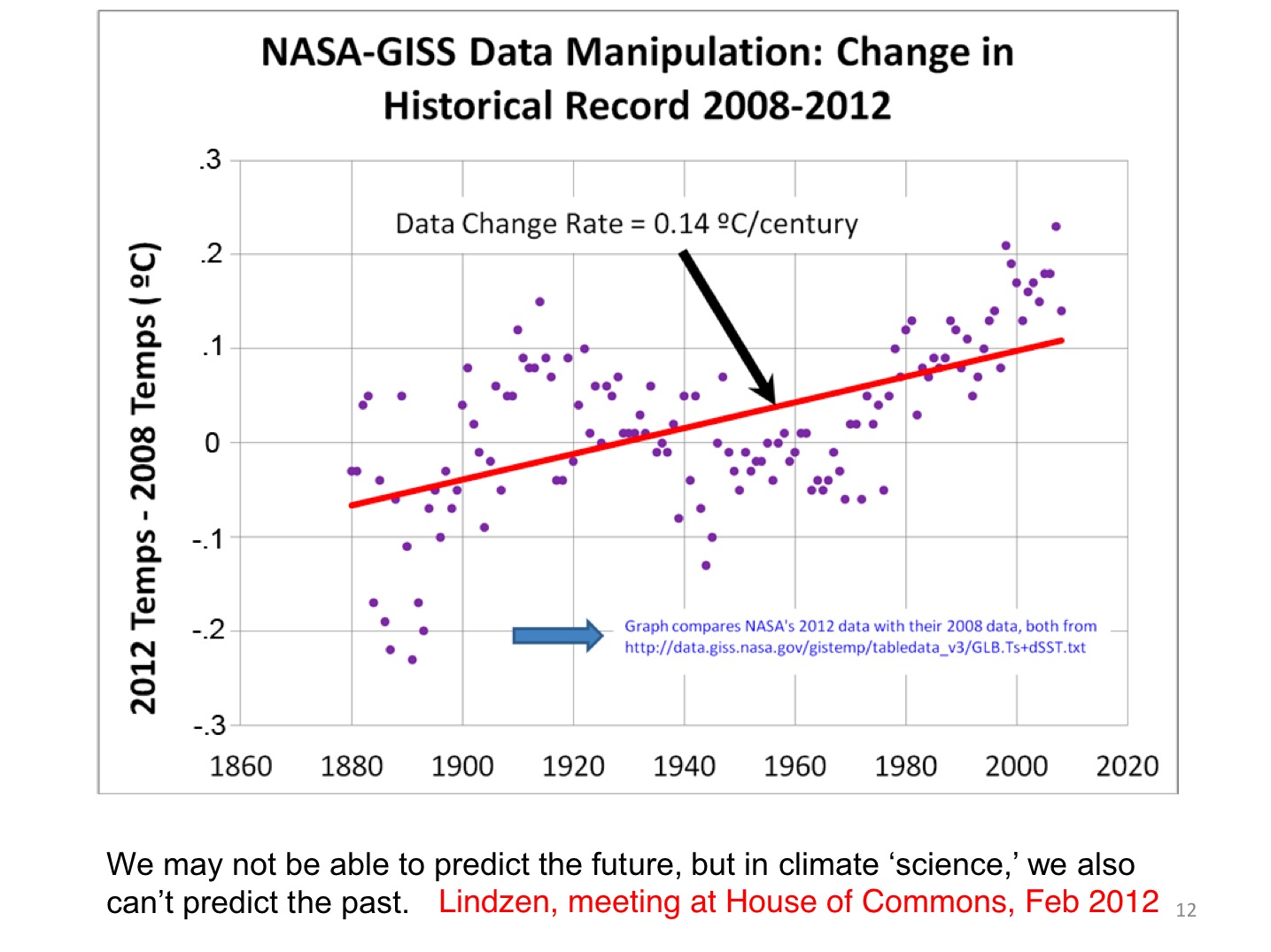Some of us have been waiting quite a while now, especially since the ‘road tour’ meant to present the Special Report on Managing the Risks of Extreme Events and Disasters to Advance Climate Change Adaptation starting in Oslo on January 24th this year. The summary for policymakers (SPM) was released already in 18 November 2011 (Kampala) and now the report is finally available (link).
[Read more…] about The IPCC SREX: the report is finally out.

